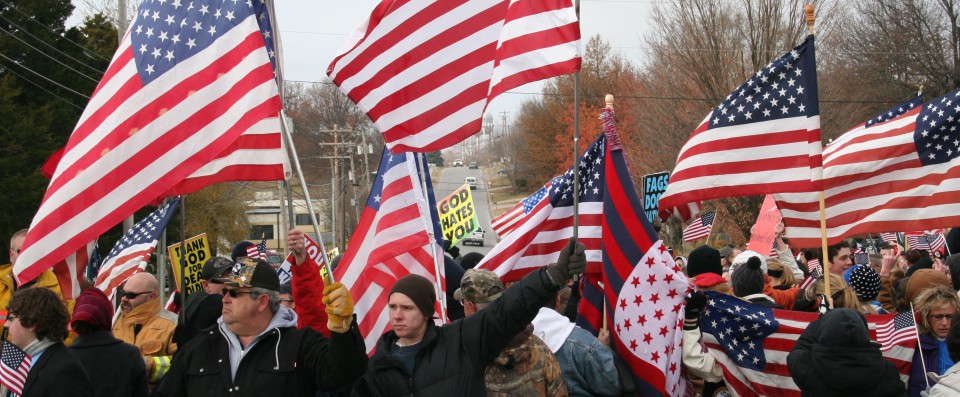It’s been very, very hot, and very, very dry here in Missouri. Local papers have been full of articles about farmers who fear they’re going to loose their crops. For example:
Kelly Forck, a soybean and corn farmer outside of Jefferson City, worries that his livelihood may be threatened if the dry weather persists. Forck thinks that without significant rain in the next week – and beyond – his crops could take a turn for the worse.
“Things are going to look pretty desolate pretty fast if we don’t see some precipitation,” said Forck. “Production is the name of the game and without water, it’s game over…if we don’t see some additional moisture come along, we’re going to see the yields diminish rapidly, extremely fast.”
Today on the PBS NewsHour Kevin Trenberth of the National Center for Atmospheric Research explicitly made the association that many of us have been tentatively tossing around:
… you know, you look out the window and you see climate change in action.
What farmers are seeing this year is in Trenberth words, “a view of the future.” According to the United States Global Change Research Program, farmers in the Midwest can increasingly expect the same and more:
While the longer growing season provides the potential for increased crop yields, increases in heat waves, floods, droughts, insects, and weeds will present increasing challenges to managing crops, livestock, and forests. Spring flooding is likely to delay planting. An increase in disease-causing pathogens, insect pests, and weeds cause additional challenges for agriculture. Livestock production is expected to become more costly as higher temperatures stress livestock, decreasing productivity and increasing costs associated with the needed ventilation and cooling equipment.
Apt to be costly for farmers – not to mention costly for consumers and taxpayers who will be on the hook for agricultural crop insurance.
The 2009 cap-and-trade bill was probably one of the last chances we had to begin to mitigate the trajectory of the coming climate changes. But Missouri Farm-Bureau President, Charlie Kruse, who orchestrated farmers in a campaign to fight the legislation, had this to say about that legislation:
All the things that farmers have to buy that are so energy intensive – I just don’t believe that what little positive may come out of this for farmers is going to offset the increased costs.
Compare higher energy costs – which, for a number of reasons, will eventually be inevitable anyway – to failed crops, insect invasions, flooding, you name it, more years than not, and tell me again about the destructive impact of higher energy costs. If I didn’t believe that Missouri’s farmers were misled by politicians doing the energy industry’s bidding, I’d be tempted to say what they’re gonna get probably serves them right. It’s just too bad the rest of us are going to feel the pain right along with them.
